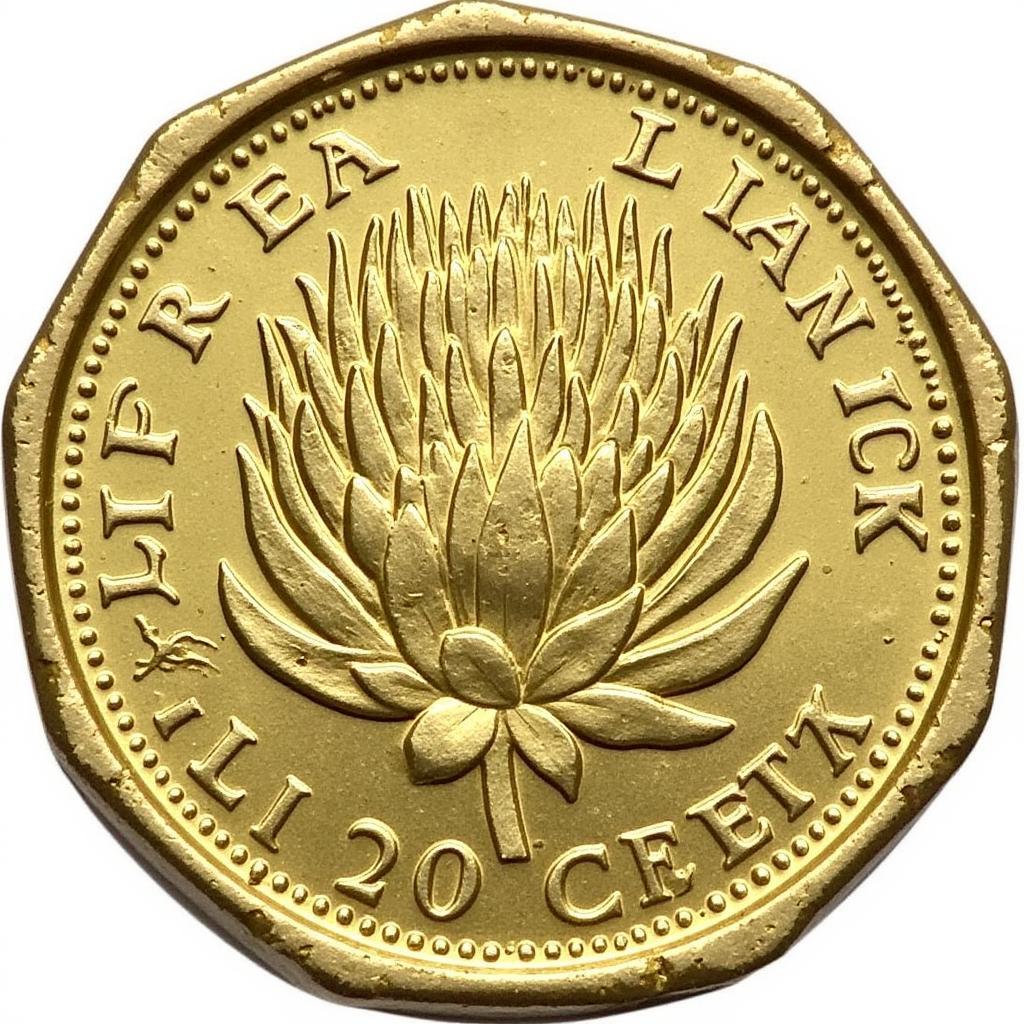Understanding the African Kid Crying Gif: Beyond the Meme
An “African Kid Crying Gif” is often shared online, sometimes for humorous effect or to express exaggerated sadness. But behind the meme lies a deeper story. This article delves into the context of these images, explores the ethical considerations of using them, and highlights the rich diversity of African childhood experiences.
The Power and Pitfalls of Online Imagery
The internet is saturated with images, and GIFs, with their looping animations, have become a ubiquitous form of communication. They offer a quick and often humorous way to express emotions. However, the ease with which we share these images can lead to their decontextualization and misuse. When it comes to images of children, particularly those from vulnerable communities, the potential for exploitation and misrepresentation is high.
The Dangers of Stereotyping a Continent
Africa is a vast and diverse continent, home to 54 countries and a multitude of cultures, languages, and experiences. Reducing the complexity of these lived realities to a single image, such as a “crying African kid,” perpetuates harmful stereotypes. It reinforces the misconception that Africa is a monolithic entity defined by poverty and suffering, ignoring the resilience, joy, and success that are also integral parts of the African narrative.
The Ethics of Sharing and Consuming Content
It’s crucial to be mindful of the ethical implications of sharing and consuming online content, especially when it involves children. Before sharing a GIF or meme, consider its origin, context, and potential impact. Ask yourself:
- Does this image perpetuate harmful stereotypes?
- Could this image be used to exploit or misrepresent the subject?
- Am I contributing to a culture of dehumanization or objectification?
If the answer to any of these questions is yes, it’s best to refrain from sharing.
Celebrating the Diversity of African Childhoods
It’s important to remember that African children, like children everywhere, experience a full spectrum of emotions. They laugh, they cry, they play, they learn, they dream. Their stories are as diverse as the continent itself. To truly understand and appreciate the richness of African childhoods, we must move beyond simplistic representations and engage with authentic narratives.
Beyond the “African Kid Crying Gif”
Rather than relying on stereotypical images, let’s seek out and amplify the voices of African children and their communities. Support organizations working to empower and uplift children across the continent. Educate yourself about the diverse cultures and realities of Africa. By challenging stereotypes and embracing a more nuanced understanding, we can contribute to a more just and equitable world.
“We must ensure that our narratives about Africa are balanced and reflect the continent’s complexity.” – Dr. Abena Anim-Addo, Ghanaian Cultural Anthropologist
Conclusion
The “African kid crying gif,” while often used for comedic effect, can perpetuate harmful stereotypes and contribute to the dehumanization of African children. By being mindful of the ethical considerations of online imagery, we can move beyond simplistic representations and celebrate the diversity and richness of African childhood experiences. Let’s work together to amplify authentic narratives and challenge harmful stereotypes.
FAQs
Why are GIFs of African children crying often used as memes?
The use of these GIFs often stems from a lack of understanding and consideration for the complexities of African experiences. They are sometimes used to exaggerate reactions or make light of situations, often without regard for the original context or the individual’s feelings.
How can I be more mindful of the content I share online?
Always consider the source, context, and potential impact of an image before sharing it. Be particularly cautious when sharing images of children or vulnerable communities.
What are some organizations that support African children?
There are many organizations dedicated to supporting African children, including Save the Children, UNICEF, and the African Child Policy Forum.
How can I learn more about the diverse cultures of Africa?
There are numerous resources available, including books, documentaries, and websites. Seek out authentic voices and perspectives from African authors, artists, and activists.
Need more support?
Feel free to contact us for more information or assistance. We are available 24/7 to answer your questions and provide support.
Contact Information:
Phone Number: +255768904061
Email: kaka.mag@gmail.com
Address: Mbarali DC Mawindi, Kangaga, Tanzania.

